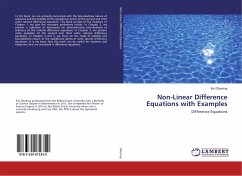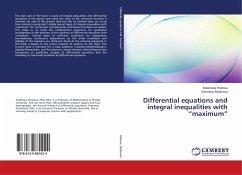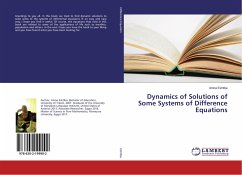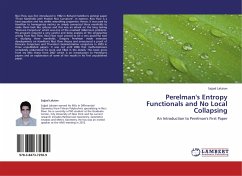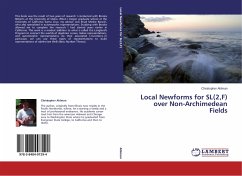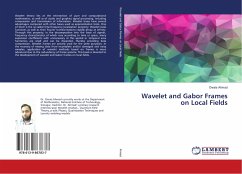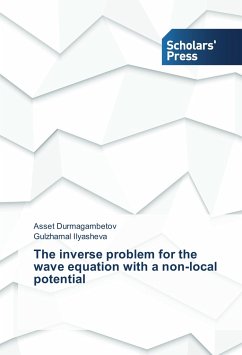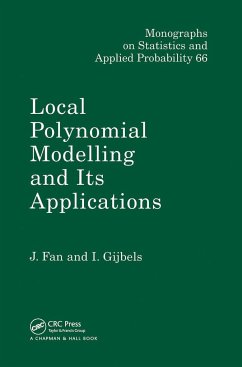
Local Boundedness
Versandkostenfrei!
Versandfertig in 6-10 Tagen
23,99 €
inkl. MwSt.

PAYBACK Punkte
12 °P sammeln!
In mathematics, a function is locally bounded, if it is bounded around every point. A family of functions is locally bounded, if for any point in their domain all the functions are bounded around that point and by the same number.In mathematics, a function is a relation between a given set of elements called the domain and a set of elements called the codomain. The function associates each element in the domain with exactly one element in the codomain. The elements so related can be any kind of thing (words, objects, qualities) but are typically mathematical quantities, such as real numbers. A...
In mathematics, a function is locally bounded, if it is bounded around every point. A family of functions is locally bounded, if for any point in their domain all the functions are bounded around that point and by the same number.In mathematics, a function is a relation between a given set of elements called the domain and a set of elements called the codomain. The function associates each element in the domain with exactly one element in the codomain. The elements so related can be any kind of thing (words, objects, qualities) but are typically mathematical quantities, such as real numbers. An example of a function with domain {A,B,C} and codomain {1,2,3} associates A with 1, B with 2, and C with 3. An example of a function with the real numbers as both its domain and codomain is the function f(x) = 2x, which associates every real number with the real number twice as big. In this case, we can write f(5) = 10.





